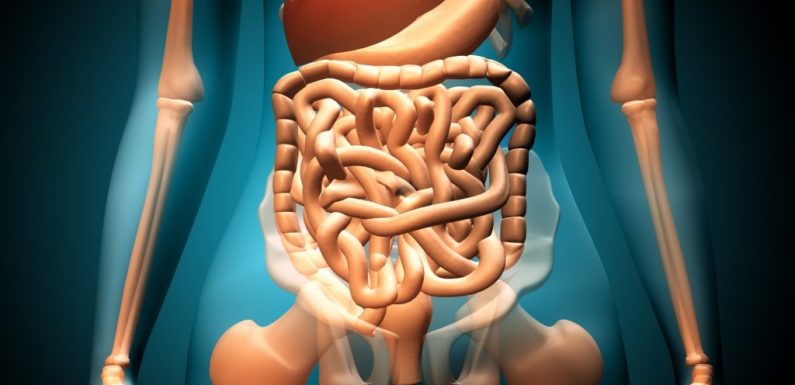
Most people deal with gastrointestinal disorders more often than they tell. There is no reason for you to power through the symptoms of a gastrointestinal order. Below, you will be given a rundown on what it is, how you can diagnose it, and what you can do to effectively treat it whether on your own or with the assistance of a healthcare professional.
Main Cause
The main cause of gastrointestinal disorder depends on a few factors. These factors include:
Infection due to bacteria
Infection due to a virus
Inability to fully digest certain types of foods
Lactase deficiency
Intestinal tract and other organs having poor circulation
Other common causes that wouldn’t be in close proximity and otherwise wouldn’t be thought of unless you’ve experienced the disorder before include:
Stress
Allergic reaction to medication
Side effects of medication like anti-inflammatory drugs
Gallstones
Ruptured organs
Complications with muscles surrounding the abdominal area
Activities that can lead to gastrointestinal disorders may include overeating and the over-consumption of fatty food. If you do not consume enough fiber for your body mass, then you will likely experience symptoms of a gastrointestinal disorder. You will also be more at risk of being affected by one if you consume too much alcohol or smoke.
Prevention
Prevention is almost always better than a cure, so you can avoid having to go through gastrointestinal disorders by maintaining a healthy diet. Find out what food allergies you may have and begin avoiding certain foods. You can find out what foods are best to avoid by asking your physician.
More and more people are becoming aware of the importance of respecting dietary restrictions, so you will still be able to enjoy tasty meals at your favorite restaurants even if you have to avoid certain foods. If there’s any particular food that, when consumed, leads you to feel extreme abdominal pain accompanied by nausea and vomiting, you should contact a doctor immediately.
One of the more common gastrointestinal disorders is irritable bowel syndrome (IBS). At least 10{15480c2c7b281797dd0c29e68425ccdc00d302f468e5e58e6ee3687b6c8a74c2} of people worldwide suffer from it. The exact cause of IBS is unknown, but symptoms include both ends of the spectrum:
Loose stool to dry stool
Diarrhea to constipation
If you find yourself bloating more often, then you might be en route to experiencing IBS. You can avoid triggering it by not consuming trigger foods like dairy products, caffeine, alcohol, and other foods that may contain gas or artificial sweeteners. If you are finding it hard to avoid these foods, then you can alleviate the issues by taking in probiotics.
By consuming you generally begin to feel your body getting better, it’s also a healthy way to treat hemorrhoids and anal fissure. A high fiber diet is suggested so your stool will form in a way that it becomes much harder. There are topical anesthetics available if you find that your anal sphincter muscles are unable to relax to let the stool out. If problems persist visit your physician instead of trying at home remedies
Functional gastrointestinal disorders affect millions of people across the globe. If you are showing signs and symptoms of such health problems, consult an expert ASAP.


